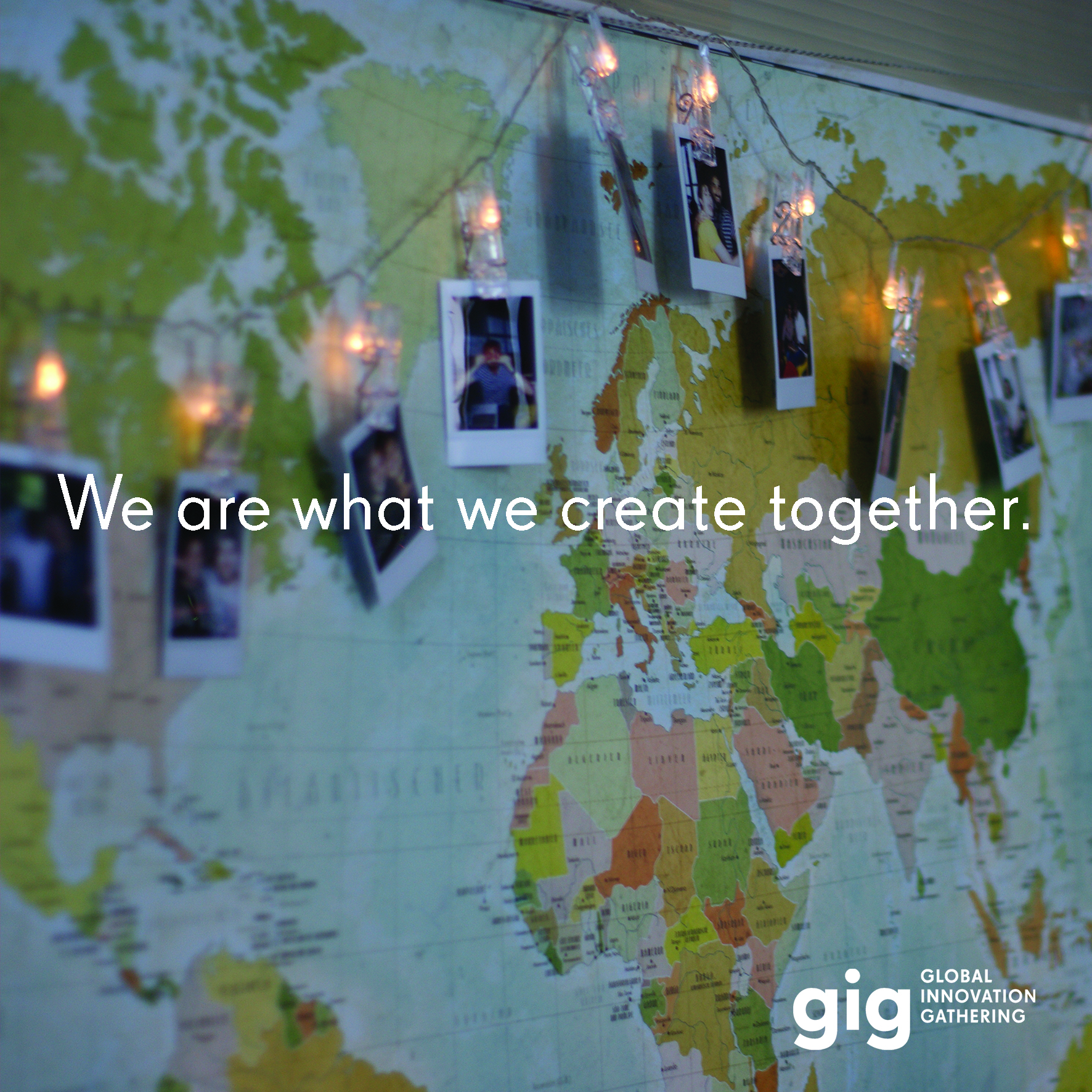In the past weeks we have been bombarded with reports about melting arctic ice or forests burning in Brazil – climate change is felt around the world. This week, September 20-27, the global climate strike organized by Fridays for Future and multiple other organizations like WWF, Amnesty, Change.org, Greenpeace, Avaaz and Extinction Rebellion is taking place, followed by Extinction Rebellion’s Worldwide Rebellion from October 7th and onwards. Through their actions, these movements seek to bring about global, systemic change and many of our members from Brazil to India are joining.
As a global community we are especially aware how climate change is affecting the so called Global South. Reports show that countries that are least responsible for causing climate change are the ones suffering most from its effects, especially regarding food insecurity and nutrient deficiencies as is highlighted in the latest Intergovernmental Panel on Climate Change (IPCC) report.
Realities in countries vary greatly – there can be no “single” climate strategy for the Global South, and climate action will differ from country to country.
While Burundi with just 0.027 tons has the lowest per capita emissions of any country, several other countries of the Global South, such as Paraguay (26 t), Zambia (24 t), the Central African Republic (14 t) and Bolivia (13 t), receive much higher values, some of them way above the EU-28 average (7 t). While some countries will need to focus their efforts on moving out of carbon and mitigation,others with more exposure to the effects of global warming and greater vulnerabilities, will need to focus on swifter adaptation.
While Climate Change is a global problem it is still mostly discussed from a very eurocentric perspective. We have been working on sustainable tech, waste management and plastic recycling, using storytelling and technology in climate change mitigation (e.g. migration due to deforestation), collaborating on health & sanitation programs in drought regions and fostering global exchange and solidarity since our beginnings at GIG. All these areas are contributing to solving the crisis we are in – through mitigating the effects of climate change, reacting with innovation and creativity to challenges that can’t be avoided and fostering more resilient global communities. With the new urgency of the topic new conversations and questions arose in our community in the past months:
How can we foster international dialogue around the climate crisis and include more diverse perspectives?
How can we make sense of our observations, feelings and experiences together? How can we engage as individuals, hubs, and as a global community? How can we create climate political demands that are globally feasible and acceptable?
As our supervisory board member Georgia Nicolau put it:
“We reached a point where there is no point in talking about tech, innovation or anything else if we don’t talk about environment, survival, and systemic approaches.”
As GIG, we have never focused on technology for its own sake, but we understand it as an amplifier – for better or worse. We thus want to make the development of technologies and also discussions about their social, political and economic role truly global. GIG is a diverse community that does not necessarily share the same approaches or views. However, our diversity is our biggest asset: While some of us work on specific tech solutions, others work on fostering social cohesion, or engage in policy making. We come together to share insights and knowledge from different angles and across a global network.
Our core values involve sustainable development, collaboration, trust and diversity.
Whether it’s building infrastructure, shaping policies, building solutions or managing communities, or researching, GIG is an alliance of people who believe in actively shaping their future, supporting their communities and taking responsibility. We believe in active citizenship, in doing instead of waiting and in development through grassroot initiatives.
More than ever it is time to put our values into action and apply them to one of the most pressing issues of all time that affects us globally, wherever we are: The environmental crisis. As community builders, thinkers, dreamers, innovators, researchers, activists, educators, citizens, parents – human beings – we need to join forces and face this crisis together.
If you are interested in continuing the conversation with us, please reach out to [email protected].


